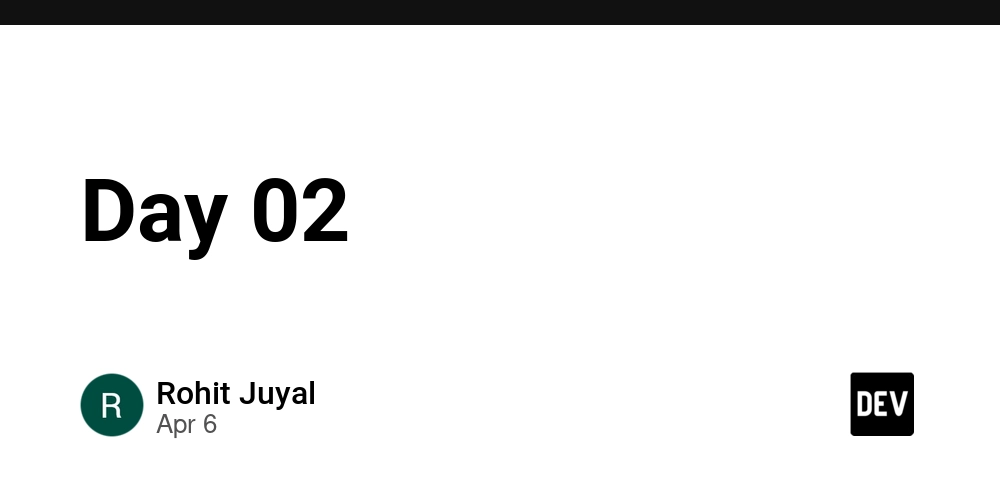Beyond the Signal leak, does the US have a plan for the Red Sea?
Executing an overarching strategy to diminish the threat of terrorism, curtail Iranian influence and avoid letting China establish its dominance by default would be enormously demanding.

Michael Waltz must be the first national security advisor to express foreign policy through emojis. In the now-infamous group on encrypted messaging platform Signal, the former Green Beret colonel and Florida congressman characterized air strikes in Yemen with a trio of icons: a clenched fist, an American flag and a fire.
It is certainly not a traditional vernacular for the Principals Committee of the National Security Council.
It is hard to predict what the fall out will be from the astonishing breach of security that included Jeffrey Goldberg, editor-in-chief of the Atlantic, in a conversation about impending military action. In a situation in which there is not much credit to go around, Waltz has at least taken responsibility for the “embarrassing” failure. However, it is worth looking beyond its compromising nature and examining the underlying context.
Those involved in the Signal leak and supporters of the administration have fumbled for responses and thrown the net wide. Defense Secretary Pete Hegseth swung wildly at Goldberg himself. Director of National Intelligence Tulsi Gabbard and CIA Director John Ratcliffe denied to a Senate committee that the messages had included any classified information. President Trump himself was magisterially dismissive, remarking that “they used an app a lot of people in government use.”
The line taken by Sen. Ted Cruz (R-Texas) was more interesting. Once a bitter opponent of Trump, Cruz has trimmed to accommodate new realities. While admitting that the security breach was embarrassing, Cruz focused his attention elsewhere: “If you look at the underlying substance of what they were discussing, I think we actually should be very encouraged … When you go to the department store, you’re paying more because of this terrorism. What the entire text thread is about is President Trump directed his national security team take out the terrorists and open up the shipping lanes. That’s terrific.”
The Trump administration has certainly increased the tempo of military operations against the Houthis over the past two months. Two days after his inauguration, Trump redesignated the group as a “Foreign Terrorist Organization” after President Joe Biden had delisted it in 2021. In February, he and Hegseth granted senior military commanders greater freedom to authorize air strikes and special forces operations and widened the range of enemy personnel who could be targeted.
On March 15, U.S. forces launched attacks against the Houthis with at least 40 air strikes carried out across Yemen. These have continued daily. The Pentagon recently announced that the USS Harry S. Truman and its carrier strike group would remain in the Middle East for an additional month, while Carrier Strike Group One, with its flagship USS Carl Vinson, arrives in Central Command’s area of operations. This means the U.S. will have two carrier groups in the region for a period.
At the same time, U.S. forces in Africa Command have been attacking targets in Somalia since the beginning of February to degrade Islamic State-Somalia Province, mainly in the Golis Mountains in Puntland, a semi-autonomous area in northern Somalia.
There are several factors at work. As Cruz identified, the strikes against the Houthis are intended to reduce the threat to commercial shipping through the Red Sea and the Suez Canal which began in late 2023 after the Houthis started their attacks, ostensibly in solidarity with Hamas and Hezbollah against Israel. The Houthis are one of the armed proxy groups of Iran, and Trump made it clear earlier in March on Truth Social that “every shot fired by the Houthis will be looked upon from this point forward, as being a shot fired from the weapons and leadership of IRAN.”
At the same time, the threat from Islamic State in Somalia, while it is not sponsored by Iran, is part of a regional threat to U.S. interests and to global commerce. If America seeks to use its military power to face these challenges, it needs a coherent regional strategy that encompasses the Arabian Peninsula, the Red Sea and the Horn of Africa.
There have been suggestions that Trump might recognize Somaliland as an independent state, a policy I proposed the U.S. explore over a year ago. This would be a major change of direction, but Somalia continues to be a fragile, only semi-functional polity.
Devising and executing an overarching strategy to diminish the threat of terrorism, curtail Iranian influence and avoid letting China establish its dominance by default would be enormously demanding. Saudi Arabia first intervened in the civil war in Yemen in 2015 and, after a huge expenditure of effort and resources, has little to show for it save a badly tarnished reputation.
The recent dismissals of the chairman of the Joint Chiefs of Staff, the chief of Naval Operations and the vice chief of staff of the Air Force have created turbulence within the Pentagon, and the reckless abolition of the Office of Net Assessment will not make planning any easier. Nevertheless, there is a significant strategic prize here for Trump — if he can apply the focus, discipline and consistency necessary to take it.
Eliot Wilson is a freelance writer on politics and international affairs and the co-founder of Pivot Point Group. He was senior official in the U.K. House of Commons from 2005 to 2016, including serving as a clerk of the Defence Committee and secretary of the U.K. delegation to the NATO Parliamentary Assembly.










































































